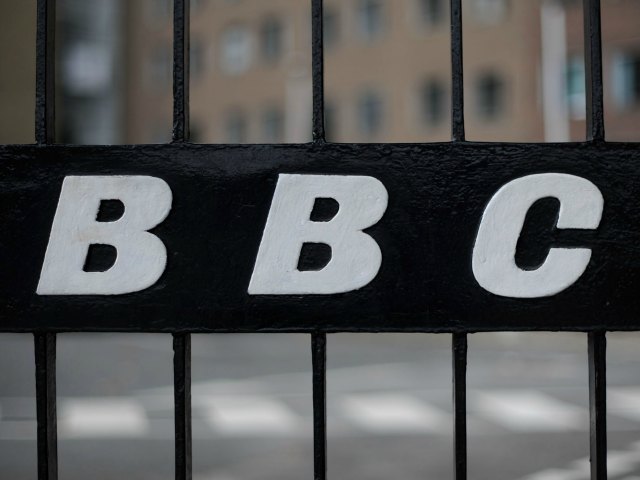Conservative Member of Parliament Andrew Bridgen is mounting an offensive against the BBC licence fee, backed by 50 of his colleagues. He has written to Culture Secretary Sajid Javid branding the licence fee one of “the most regressive taxes in the UK today”, urging that it be scrapped in favour of a subscription model in line with other TV content providers, the Express has revealed.
In the letter, Mr Bridgen says that the current funding structure for the BBC is “increasingly becoming unsustainable and out of keeping with the modern media environment”. He argues that it ought to be reviewed for the modern age, writing: “The corporation should be planning for a future without the licence fee and investigating subscription-based payment options, as well as the wealth of further opportunities that exist for its worldwide operation.”
The BBC license fee dates from 1946, when it covered the black and white single channel BBC television service and cost just £2 a year (equivalent to around £72 today). A radio-only licence was also an option until 1972 when it was abolished. Under UK law, any premises with a TV set capable of receiving live television broadcasts must hold a licence, including households, hospitals, schools and pubs, at a cost of £145.50. Over 75s receive a licence free of charge.
The fee is used to finance all BBC output, including television, radio and online content, and last year raked in £3.7 billion in fee payments, the majority of its £5 billion annual budget.
Amongst Mr Bridgen’s backers are Conservative Vice Chairman Rebecca Harris; also fellow MP Philip Davies who told the paper “I totally believe the BBC licence should be abolished and moved to a subscription model. The BBC keeps saying the fee represents wonderful value for money; in that case it has nothing to fear from entering the market.
“The only reason for the BBC to oppose this idea is because it believes it doesn’t represent such wonderful value and is worried people will vote with their feet.
“In this day and age when there are hundreds of channels to choose from, it is wholly unjustified to impose a compulsory levy for one particular broadcaster, regardless of whether you like their programmes or not.”
He also said that “many others” would be backing efforts to see the licence fee scrapped.
Mr Bridgen has already led the charge against non-payment of the fee being a criminal matter, arguing that it should instead be a civil offense. He played a key part in persuading the Government to launch an independent review into whether the change should be made, following revelations that 107 people had been jailed for non-payment in just two years.
Speaking to the MailOnline, Mr Bridgen said “The licence fee is an anachronism. It dates back to a time when there wasn’t much choice. At the end of the day, I think the BBC has got to be independent of government.
“However, the funding mechanism is effectively a poll tax – and independent of people who pay for it. The way it is collected is heavy-handed. Criminality should not be part of it.”
Mr Javid is understood to be sympathetic to the idea of a funding review that “should rule nothing out”. Campaigners say that if the latest push succeeds in getting the issue written into the Conservative Party’s election manifesto, it will “all but guarantee” change.
A BBC spokesman said “At just £2.80 a week the BBC licence fee is excellent value for money; only this weekend newspapers have been reporting the rising costs of subscription services.
“It’s vital that programmes like EastEnders, Strictly, Sherlock, Doctor Who and Match of the Day can been watched by everyone, not a select few. Support for the licence fee has actually risen by 22 per cent since 2004 and remains the most popular way of funding the BBC.”
However, Andrew Allison, of the Freedom Association’s Axe The Tax campaign, said: “The BBC should move to a subscription model as soon as is practicable.
“It is the only way forward and the corporation should realise this. The sheer pace of technological change will render the licence fee redundant. It is a matter of when the fee goes, not if.”

COMMENTS
Please let us know if you're having issues with commenting.